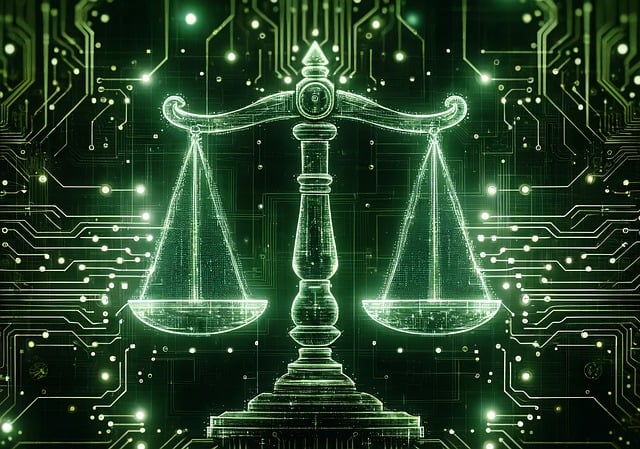Environmental crime trials present significant litigation challenges in Financial Regulatory Compliance, as corporate entities face scrutiny for environmental misdeeds. Balancing punishment and rehabilitation, these trials involve complex international, national, and regional laws. Gathering evidence and dealing with jurisdictional issues are hurdles, requiring innovative legal strategies. Specialized white-collar defense attorneys adeptly navigate these complexities to achieve positive outcomes.
Environmental Crime Trials: Unraveling the Complexities of Justice
This article delves into the intricate world of environmental crime trials, examining legal frameworks governing these unique prosecutions. We explore the intricate web of financial regulatory compliance, where violations often intersect with ecological offenses. By dissecting litigation challenges, we uncover the complexities faced by prosecutors, including evidence collection, jurisdictional debates, and innovative defense strategies. Understanding these dynamics is crucial for navigating the evolving landscape of environmental justice.
- Defining Environmental Crime Trials: Legal Frameworks
- Financial Regulatory Compliance: A Complex Web of Laws
- Challenges in Prosecution: Evidence, Jurisdiction, and Defense Strategies
Defining Environmental Crime Trials: Legal Frameworks

Environmental Crime Trials, a burgeoning legal field, refer to proceedings that address crimes against the environment. These trials are governed by a complex web of international, national, and regional laws designed to protect ecosystems, preserve biodiversity, and safeguard public health. The primary objective is not merely punitive but also rehabilitative, aiming to deter future environmental offenses and restore damaged habitats.
The legal frameworks governing these trials present unique litigation challenges in Financial Regulatory Compliance. As corporate entities increasingly come under scrutiny for environmental misdeeds, ensuring strict adherence to regulations while managing potential financial repercussions has become paramount. Those accused often face a delicate balance between avoiding indictment and securing complete dismissal of all charges. Historically, an unprecedented track record of successful defenses against such charges has emerged, highlighting the evolving nature and complexities within this legal domain.
Financial Regulatory Compliance: A Complex Web of Laws

The landscape of financial regulatory compliance is a complex web of laws and regulations designed to maintain integrity in the financial sector. As environmental crime trials gain prominence, this intricate system faces unprecedented challenges, particularly when it comes to white collar defense strategies. Litigants involved in these trials must navigate a labyrinth of legal requirements, ensuring adherence to environmental protection measures while adhering to strict financial regulatory frameworks.
The interplay between environmental and financial regulations is significant, as corporate entities with a strong philanthropic and political presence often find themselves at the center of these cases. The complexity deepens when dealing with litigation challenges in financial regulatory compliance, requiring meticulous attention to detail and an understanding of both domains. This demanding task calls for innovative strategies to achieve a harmonious balance between environmental stewardship and robust financial management.
Challenges in Prosecution: Evidence, Jurisdiction, and Defense Strategies

Environmental crime trials present unique litigation challenges that differ from traditional financial regulatory compliance cases. One of the primary hurdles is gathering and presenting compelling evidence. In many environmental cases, proof can be indirect and difficult to quantify, making it a complex task to demonstrate harmful actions or their impact on ecosystems and communities. This requires innovative legal strategies to interpret scientific data and expert testimony effectively.
Jurisdictional issues also play a significant role in these trials. Environmental crimes often span multiple states or even countries, complicating the selection of an appropriate court for trial. Defense strategies frequently exploit these complexities, arguing for venue changes or challenging the admissibility of evidence based on jurisdiction. White-collar defense attorneys specializing in environmental law are adept at navigating these challenges, aiming to achieve extraordinary results and winning challenging defense verdicts.
Environmental crime trials pose unique challenges, particularly in navigating complex financial regulatory compliance. As these cases delve into intricate legal frameworks, understanding evidence collection, jurisdiction, and defense strategies becomes paramount. Overcoming these litigation challenges is crucial for holding offenders accountable and ensuring environmental justice. By strengthening legal mechanisms, we can foster a more sustainable future, where environmental crimes are effectively addressed through robust judicial processes.






